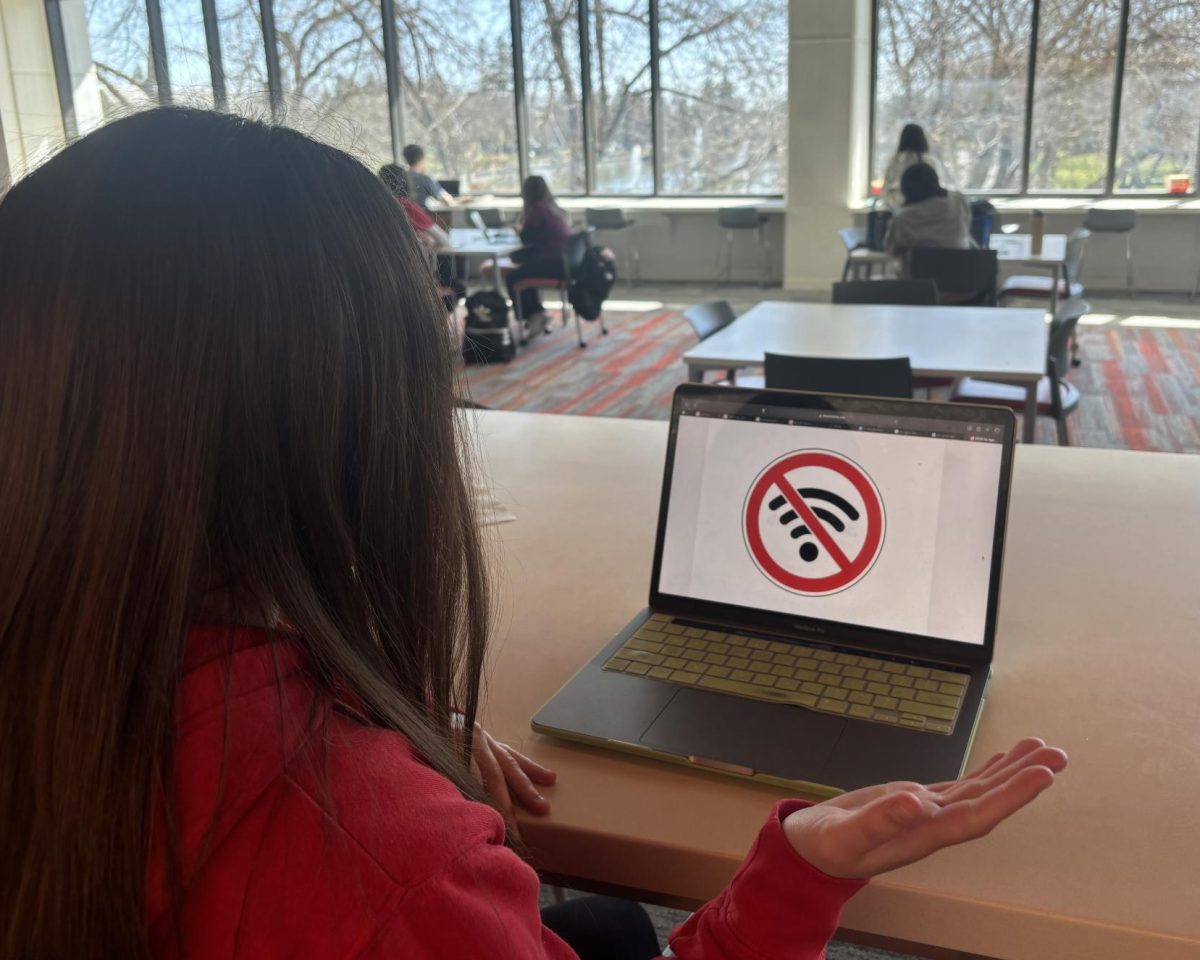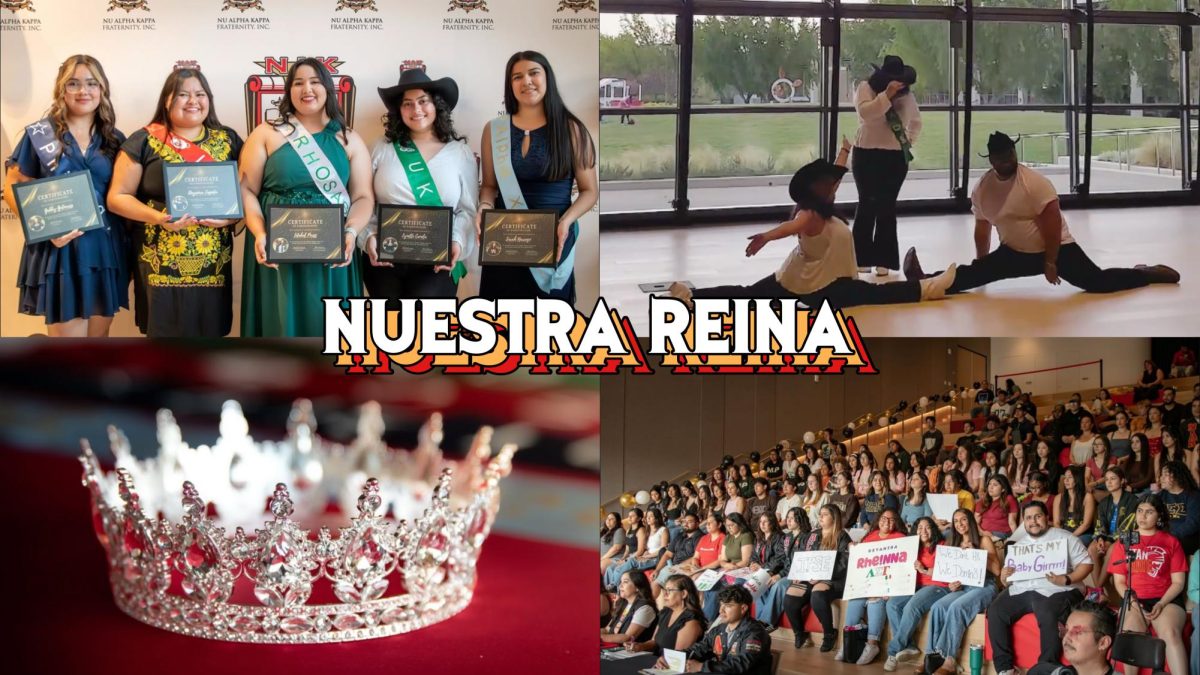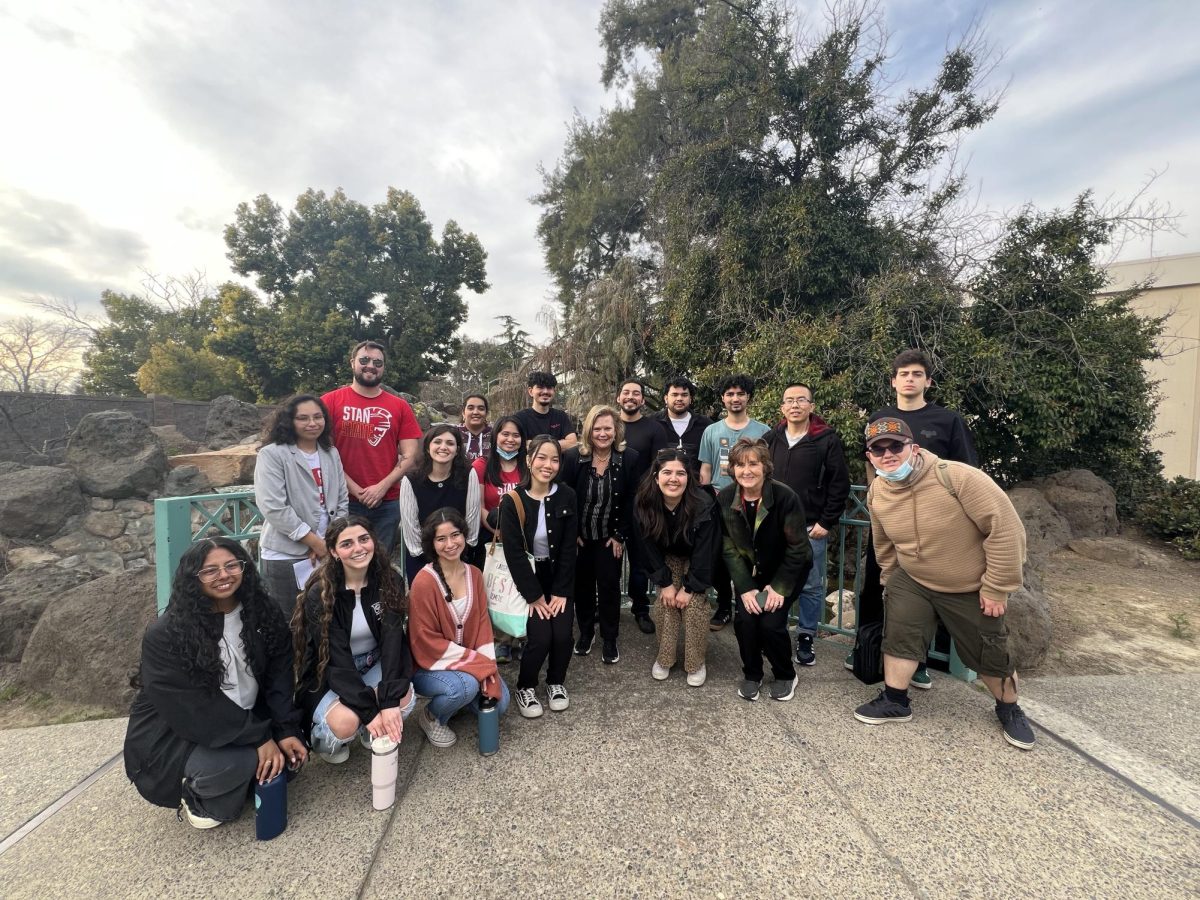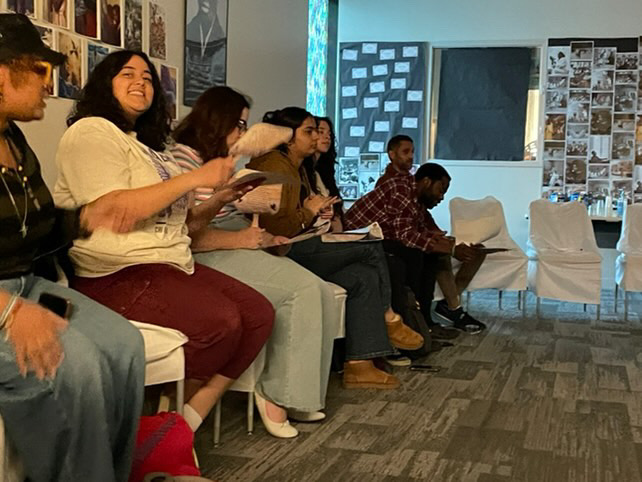How do you legitimize a vagina? Nope, not by marrying it—by talking about it. At least that was the thought that Eve Ensler had when she interviewed over 200 women about their vaginas. Now in its 17th year of production, students of California State University, Stanislaus will get to observe the phenomenon themselves. University Student Union Social Awareness coordinator Gaby Farias (senior, Gender Studies), ASI and The Center Stage Conservatory will be producing a performance of The Vagina Monologues on April 12 at 6:30 p.m. in the Event Center.
Farias tells us that The Vagina Monologues does a lot more these days than just legitimize vaginas. It also empowers women, prevents domestic/sexual assault by allowing women to own their sexuality and helps keep women from becoming targets of rape culture.
“The Vagina Monologues allows women to see that this is yours,” Farias said. “This is your sexuality, your vagina, you take care of it, you own it and you don’t let other people treat you differently just because you have a vagina.”
The play consists of the retelling of several of Ensler’s original interviews. It moves from Ensler’s own concerns that female sexuality had no place in a world that refused to acknowledge its existence to the monologue that declares, “I am reclaiming c***…” and seeks to remove negative associations from any synonym of “vagina.”
So how does this work again? How does talking about such a sticky and secret subject improve the condition of women? Gender Studies professor of CSU Stanislaus, Betsy Eudey, explains the power of dialogue.
“When females share their stories, experiences, and concerns with one another, these natural processes, feelings, and situations become demystified and easier to respond to,” Eudey said. “If we add to this making public some of the gender-based violence that is connected to women’s reproductive organs and processes, the naming and sharing of the experiences can help in the healing/recovery process and might help to change public perceptions about who is victimized and why.”
A lengthy interview with the professor suggested that the initial discomfort of talking about female genitalia is merely a symptom of a larger social issue. The cultures we are born into “privilege female sexual purity, and underplay female sexual desire and activity,” Eudey said. She went on to explain that our very language contains negative imagery that prevents women from feeling empowered sexually, but that The Vagina Monologues has done a great deal to reverse the “internalized oppression” just by talking about a once completely taboo subject.
In the interest of continuing the conversation, a “Mocktail” hour with the performers will follow the performance so that attendees can discuss what they have seen, as well as learn more about violence and its impact on women.
We still have a long way to go before shame and secrecy are completely eradicated, but if the first step is the hardest, then this is the easy part. Oppression is at its most lethal when it is unseen. When awareness begins then action follows—not just with women’s issues, but also with all types of oppression. By learning to identify the injustices that happen in our own lives, we can become more adept at opening our eyes to inequalities that happen globally. That, my friends, is something worth talking about.
For more information regarding The Vagina Monologues or the Social Awareness activities occurring on campus, contact Gaby Farias at [email protected] or the ASI office for pamphlets that outline upcoming events.
Categories:
Vagina Monologues: program seeks to open dialogue on campus
By Melisa Koessel
•
April 5, 2013
0
Donate to Signal
Your donation will support the student journalists of California State University, Stanislaus. Your contribution will allow us to purchase equipment and cover our annual website hosting costs.
More to Discover






